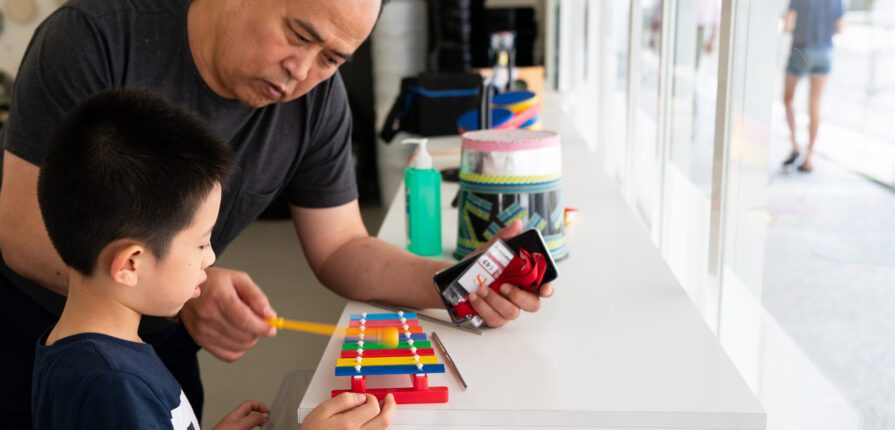Why Parental Engagement is so Vital for a Student’s Academic Success
Would you believe that the most significant attribution to a student’s academic performance is not the number of hours spent studying? In fact, one of the top factors to students’ success is through their parents’ support and participation in school activities. Although it’s hard to believe, numerous studies now show that parental engagement and involvement in their child’s education and school events boost their motivation and academic performance!
Parental engagement is any action taken by one or both parents to aid their child’s educational goals. This may be as simple as sharing important information about their child with their teacher or attending parent-teacher conferences. Parents are then guided by the teachers’ advice on how best to support their children with schoolwork and their social and emotional needs. Additionally, academic success can also be improved when parents participate in school activities and events (How Parent Involvement Leads to Student Success, 2018).
By taking part in their child’s school life, not only do parents become aware of what is happening while their children are attending school, but they also contribute to encouraging a positive school environment by making connections with their teachers. One study asserts that “the existence of a strong link between schools, families, and communities which are actively involved in supporting the educational business and development of students, they will have a positive impact on education” (Sumarsono et al., 2016, as cited in Kusmintardjo 2010, p.195).
Furthermore, when teachers can give parents advice on how to help their children while studying at home, the outcomes are shown to be more significant. Dearing et al (2006) indicate that parental engagement and involvement significantly influence their literacy development, especially during their elementary years. This is due to the parents’ role modeling of positive communication with teachers and other parents, which in turn can positively influence a child’s attitudes towards school and education, directly impacting their self-efficacy. These positive influences will continue to snowball on to high school, where it has been documented that there is an increased likelihood of high school graduation (Dearing et al., 2006).
Raffles American School recognizes the importance of involving parents in all aspects of their children’s education and overall development. For this reason, our educators from Pre-K to Grade 12 ensure they maintain a strong relationship and frequent flow of communication with the students’ parents about their development. They are also able to give sufficient support and advice on how to progress further in their education.
As an added support network, Raffles has also established a community of like-minded, caring, and supportive parents who wish to be actively involved in their child’s education. Raffles Parents For Education (RPFE) is an independent, non-profit organization run entirely by volunteer parents and staff. Staff members inform and collaborate with parents of any upcoming events and news by attending regular monthly RPFE meetings. Parents are encouraged to help organize annual or semi-annual events, such as International Day, beach clean-ups, Family Fun Day, and more. The RPFE has been instrumental in keeping parents well-informed and forging a strong connection among all the members of our community. And our RPFE motto, “Care, Nurture, Support.” embodies our beliefs, passions, and goals that support our children in their journey to academic success and higher education.
If you would like to learn more about Raffles Parents for Education, please visit our website or email us at rpfe@rafflesamericanschool.org.
References
Dearing, E., Kreider, H., Simpkins, S., & Weiss, H. B. (2006). Family involvement in school and low-income children’s literacy: Longitudinal associations between and within families. Journal of Educational Psychology, 98(4), 653–664. https://doi.org/10.1037/0022-0663.98.4.653
How Parent Involvement Leads to Student Success. (2018, November 1). Waterford.Org. https://www.waterford.org/education/how-parent-involvment-leads-to-student-success/
Sumarsono, R. B., Imron, A., Wiyono, B. B., & Arifin, I. (2016). Parents’ Participation in Improving the Quality of Elementary School in the City of Malang, East Java, Indonesia. International Education Studies, 9(10), 256. https://doi.org/10.5539/ies.v9n10p256


